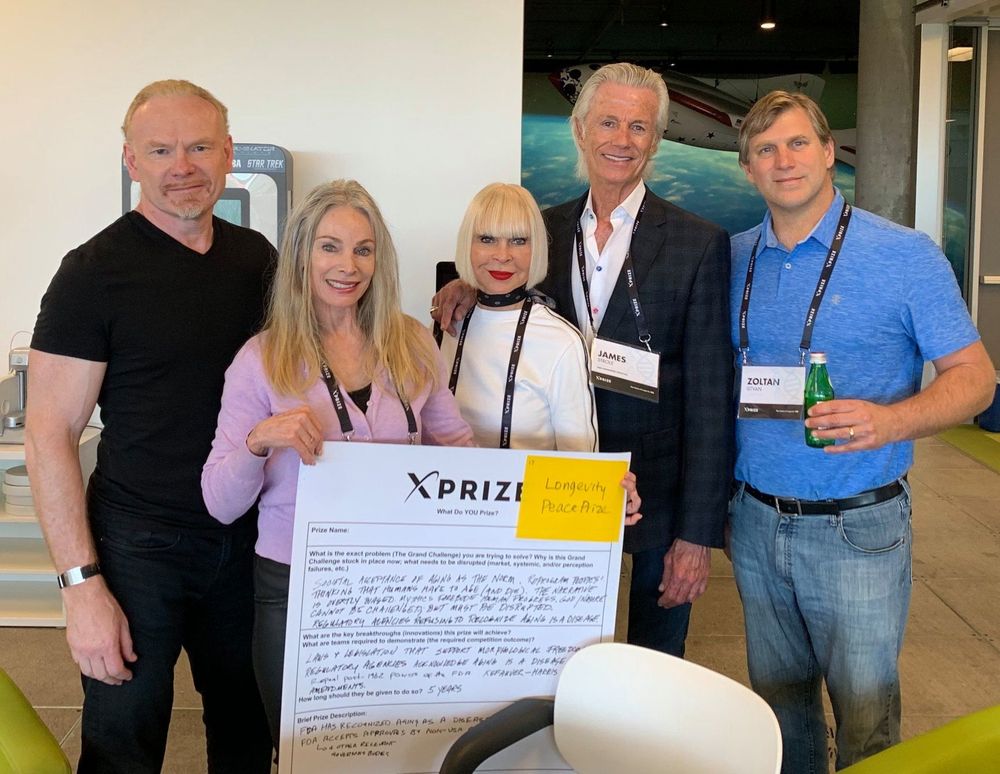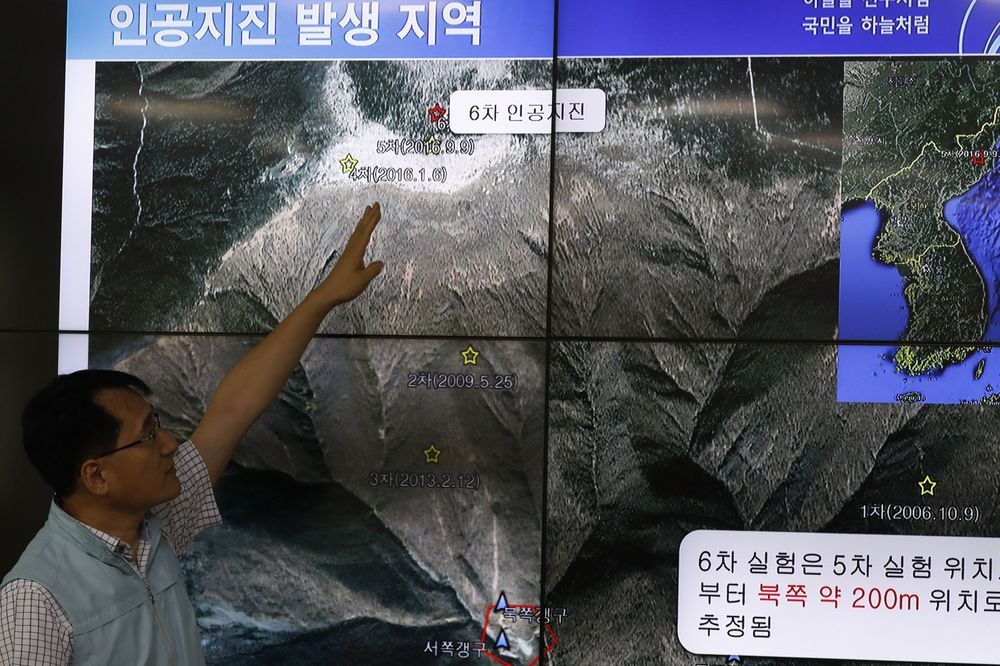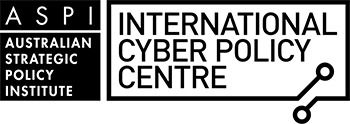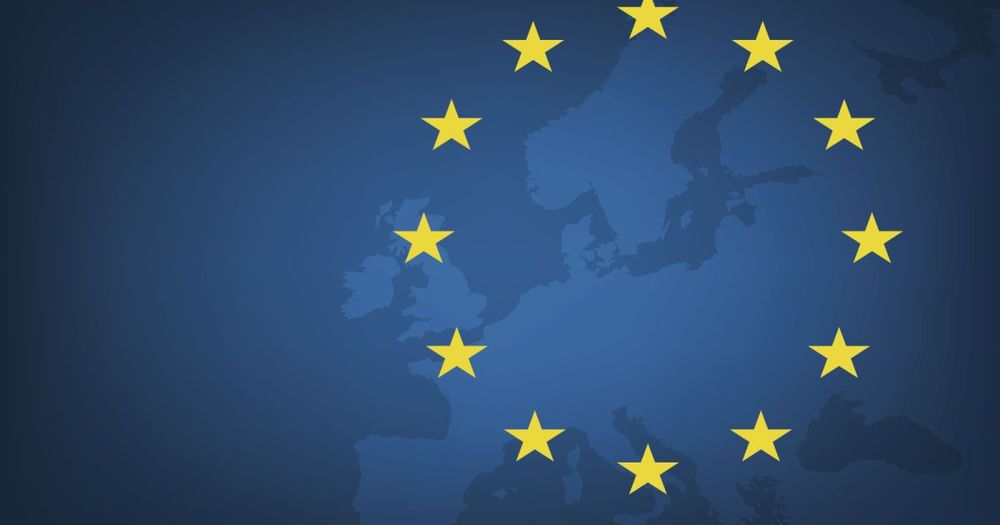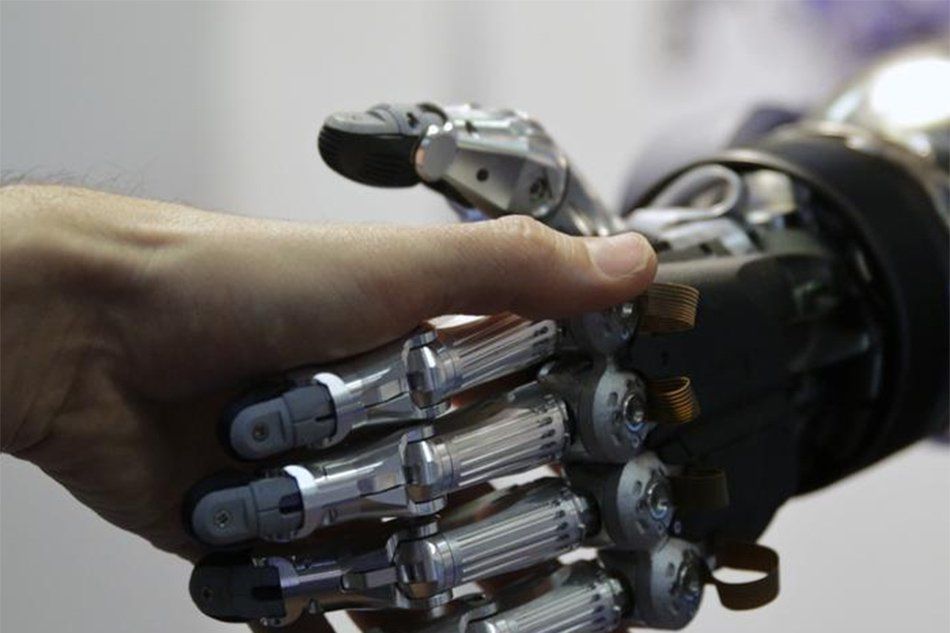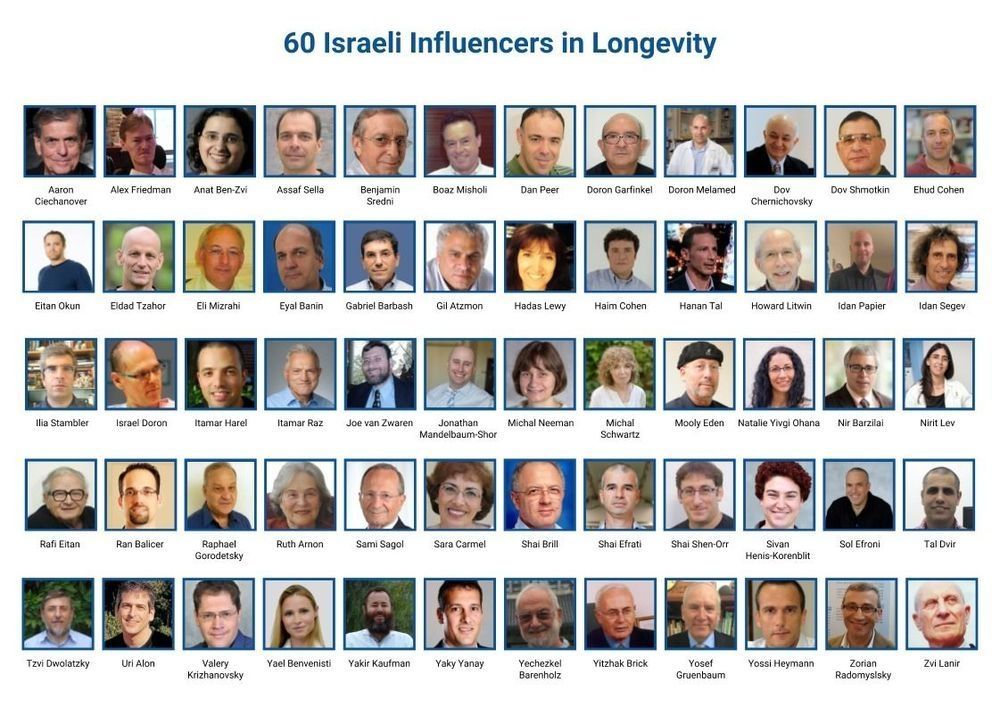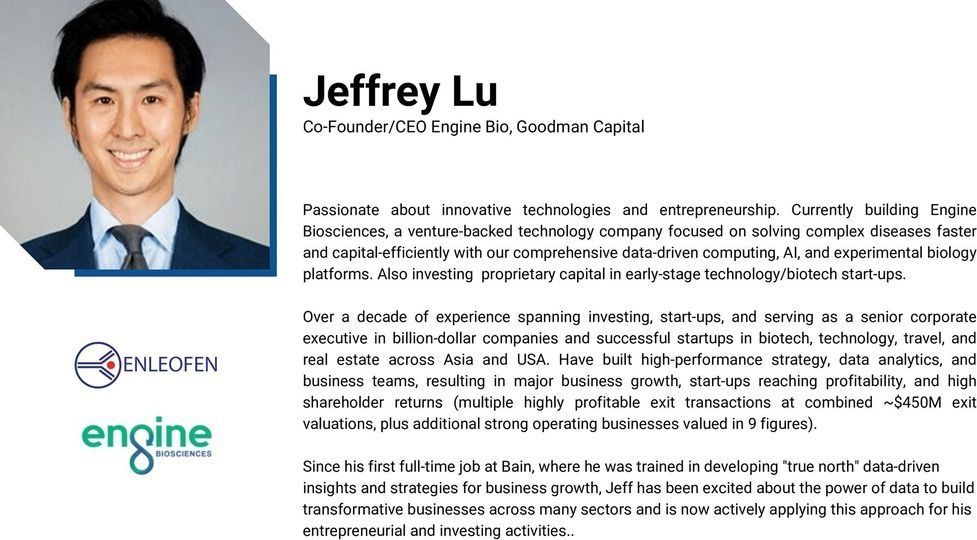Fake news is a threat to American democratic institutions and false information can have far-reaching effects. A new study provides a roadmap for dealing with fake news.
Research published in Proceedings of the National Academy of Sciences provides new evidence that people’s beliefs about the source of information affects how they take in that information, even at the level of their automatic responses. They also found that new information can modify or even undo existing impressions caused by fake news.
“We wanted to know whether offering information about the source of news matters for people’s gut-level, automatic reactions,” said Melissa Ferguson, co-author on the paper and psychology professor at Cornell University. “Does knowing that something is fake have lingering pernicious effects that can later shape and influence our thoughts and behavior toward the person? Our studies suggest that establishing credibility for news sources is the right policy to combat fake news.”

